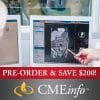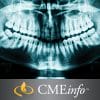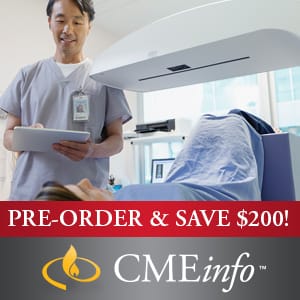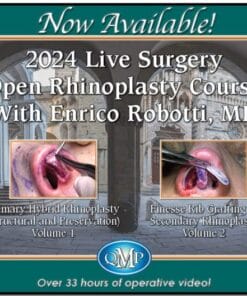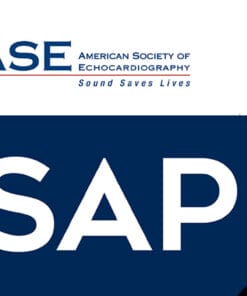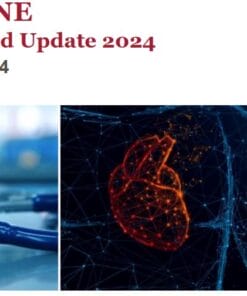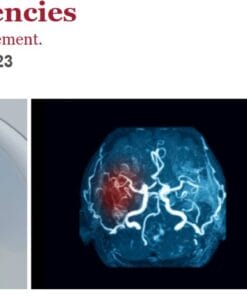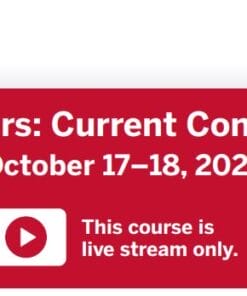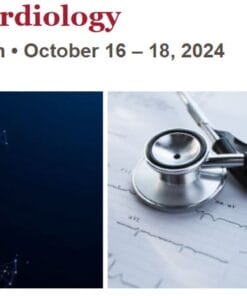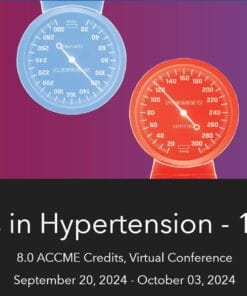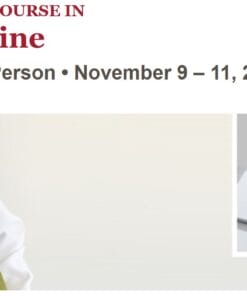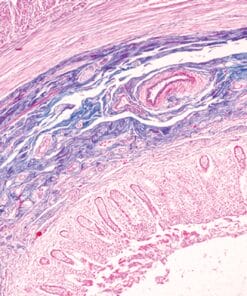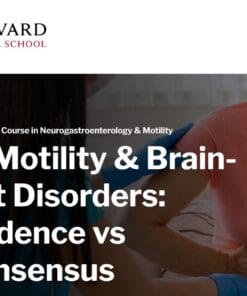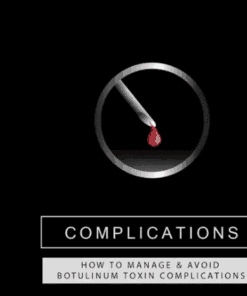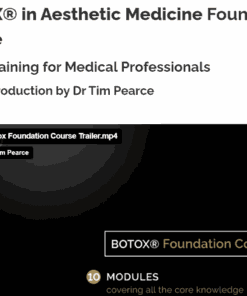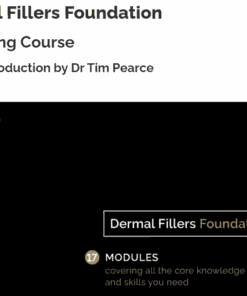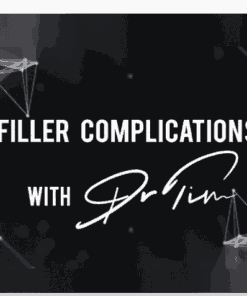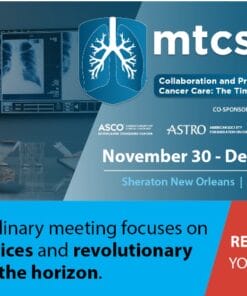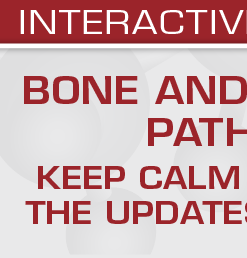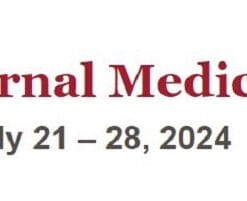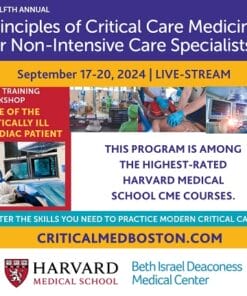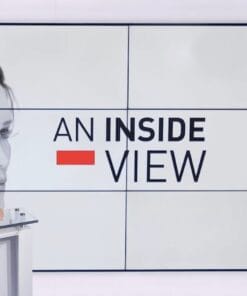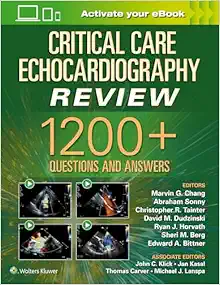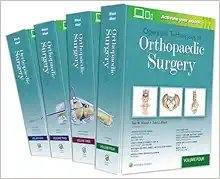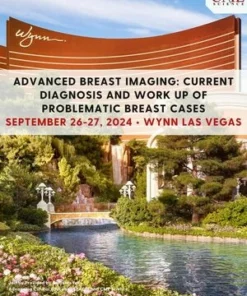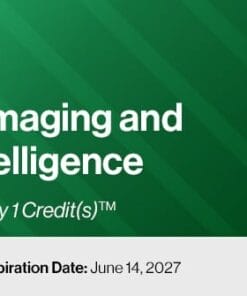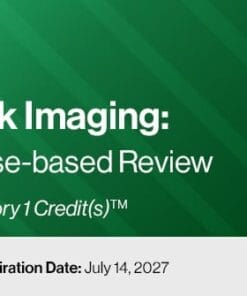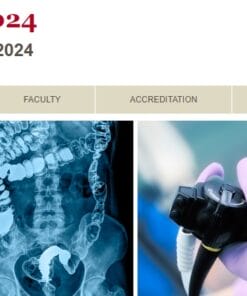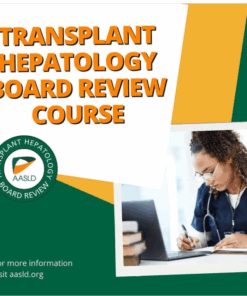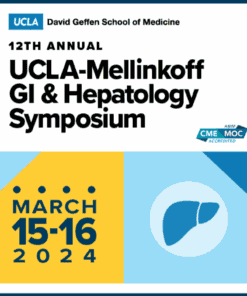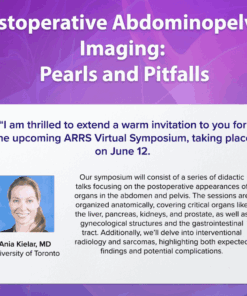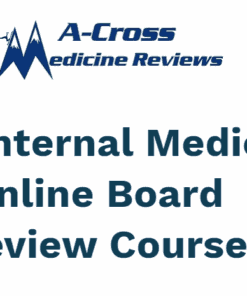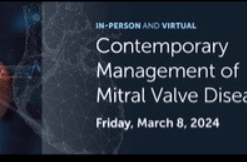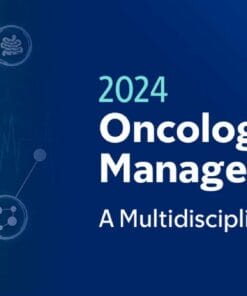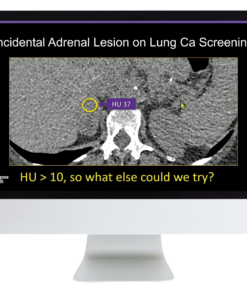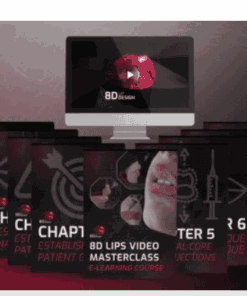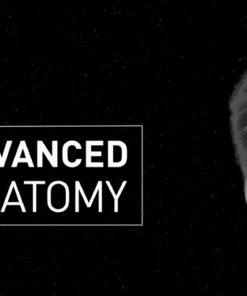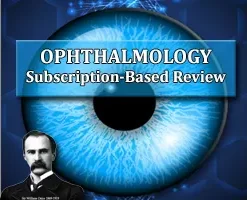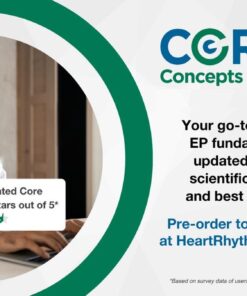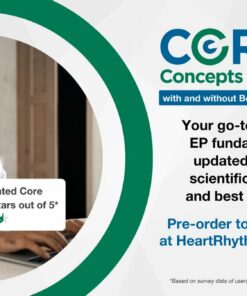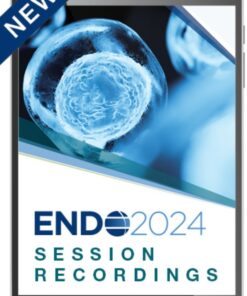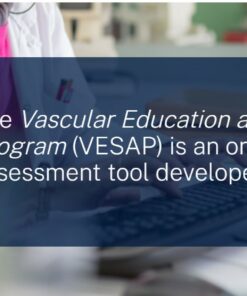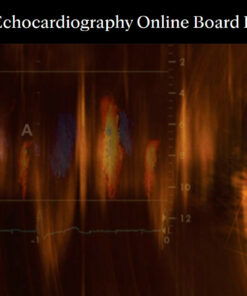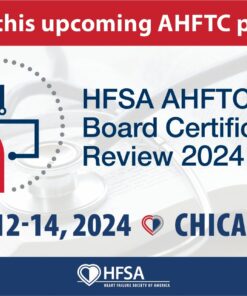NYU’s Head to Toe Imaging
NYU School of Medicine Clinical Update (SA-CME)
An examination of the practical aspects of established MR, US, PET/CT and IR techniques, as well as new techniques and applications for these modalities.
An Overview of State-of-the-Art Imaging Methods
NYU’s Head to Toe Imaging offers an intensive review of abdominal, musculoskeletal, pediatric, neurologic, thoracic, cardiac, breast, PET/CT, emergency medicine, and interventional radiology. Its additional focus on safety and quality issues, including radiation exposure and contrast reactions and their management, crosses all subspecialty areas. The program will help you better:
- Evaluate and incorporate current imaging techniques and protocols for subspecialty imaging into clinical practice
- Utilize standardized imaging strategies focused on safety, quality and economic imperatives
- Understand the advances in imaging technology and disease diagnosis and management
TOPICS/SPEAKERS
Abdominal Imaging
- Enterography – Justin M. Ream, MD
- Benign Focal Liver Lesions – Ankur M. Doshi, MD
- THE MORTON A. BOSNIAK LECTURE – New Incidental Findings Recommendations for the Kidneys and Adrenal Glands – Lincoln L. Berland, MD, FACR
- Why Not to Report Minimal-risk Incidental Findings – Lincoln L. Berland, MD, FACR
- Clinician’s Perspective — Improving your Radiology Reads for Post-Bariatric Patients – Manish S. Parikh, MD, FACS
- Prostate MRI – Andrew B. Rosenkrantz, MD
- Challenging Cases/Pitfalls in Female Pelvic Imaging – Genevieve L. Bennett, MD
- MRCP: Protocol Optimization and Clinical Implementation – Hersh Chandarana, MD, MBA
- Focal Lesions in Cirrhosis: LI-RADS v2017 Approach – Krishna Shanbhogue, MD
Pediatric Imaging
- Pediatric Abdomen – Mark E. Bittman, MD
- Pediatric GU – Nancy R. Fefferman, MD
- Pediatric Neck and Chest – Lynne P. Pinkney, MD
Abdominal & Pediatric Imaging
- Pediatric Imaging Lessons Learned – Shailee Lala, MD
- Non-Trauma Related Emergencies in Abdominal Imaging – Kira Melamud, MD
- Mesenteric Nodes and Masses – Myles Taffel, MD
- Case Based Review: CTA/MRA – Chenchan Huang, MD
- Case Based Review: Challenging Thyroid Cases – Chrystia M. Slywotzky, MD
- Tricky Female Pelvic Cases: Focus on Endometriosis and Fibroid Mimickers – Nicole M. Hindman, MD
- A Primer on Quality Improvement – Danny C. Kim, MD
Neuroradiology
- Neuroimaging of the Vasculitides – Adam Davis, MD
- Multiple Sclerosis: Update – Timothy M. Shepherd, MD, PhD
- Radiogenomics in Brain Tumors: Why We All Should Care – Andrew S. Chi, MD, PhD
- THE IRVIN I. KRICHEFF LECTURE – Idiopathic Intracranial Hypertension – Patricia A. Hudgins, MD, FACR
- Machine Learning in Radiology: What’s All the Fuss? – Yvonne W. Lui, MD
- How to Improve Head and Neck Imaging Skills – Patricia A. Hudgins, MD, FACR
- Imaging Work-Up of Hoarseness – Mari Hagiwara, MD
- Doc: There is Ringing in My Ear – Role of the Radiologist – Girish M. Fatterpekar, MD
Emergency Imaging
- Pelvic Trauma: Mechanism of Injury & CTA – Mark P. Bernstein, MD, FASER
- Emergency Pelvic Ultrasound – Aspan S. Ohson, MD
Neuroradiology & Emergency Imaging
- Interesting Spine Cases: Each With a Take Home Message – Benjamin Cohen, MD
- Unusual and Interesting Emergency Cases from Bellevue Hospital – Alexander Baxter, MD
- Neuro ER Cases: You Cannot Afford to Miss These! – Matthew G. Young, DO
- Neuro ER Cases: Lessons Learned – Gopi K. Nayak, MD
Breast Imaging
- Update on DCIS – Samantha Heller, MD, PhD
- Screening Ultrasound: Pearls and Pitfalls – Regina J. Hooley, MD
- Reading Tomosynthesis – Yiming Gao, MD
- Tomosynthesis: Pitfalls & Challenging Cases – Regina J. Hooley, MD
- Getting Your Referring Doctors on Board with Breast MRI – Linda Moy, MD
- Breast Imaging During Pregnancy and Lactation – Amy N. Melsaether, MD
- Optimizing MRI Directed Ultrasound – Chloe Chhor, MD
Interventional Imaging
- Diagnosis and IR Treatment of Osseous Lesions – Ryan M. Hickey, MD
- Diagnostic Imaging After Interventional Oncology Procedures – Eric T. Aaltonen, MD, MPH
- PAD for the Rad: The Diagnosis and Endovascular Treatment of Arterial Disease for the General Radiologist – Amish Patel, MD
Breast & Interventional Imaging
- Management of Pain and Palpable Masses in the Breast – Alana A. Lewin, MD
- Imaging Considerations in Women’s Interventions – Meredith McDermott, MD
- Challenging Cases on Breast MRI – Laura Heacock, MD
- An Overview of Embolic Agents: What Should I Use and When Should I Use Them? – Jeremy Horn, MD
Musculoskeletal Imaging
- Post-Operative Shoulder Imaging – Luis S. Beltran, MD
- Patellofemoral Instability – Erin F. Alaia, MD
- Ultrasound Guided Nerve Interventions – Ronald S. Adler, MD, PhD
- Ultrasound of the Shoulder: Complementary Tool and Correlation with MRI – Kenneth S. Lee, MD
- Hip Arthroscopy MRI Correlation – Soterios Gyftopoulos, MD, MSc
- Ultrasound-Guided Platelet-Rich Plasma Therapy for Tendinopathy – Kenneth S. Lee, MD
- Cartilage Imaging – Michael P. Recht, MD
- Imaging of Axial Spondyloarthropathy – Elisabeth Garwood, MD
- Pitfalls in Pediatric MSK Imaging – Zehava S. Rosenberg, MD
Pet Imaging
- PET/CT for Head and Neck Cancer – Kent P. Friedman, MD
- PET/CT in Immune Therapy Response Assessment – Munir Ghesani, MD
- PET/CT in Lung Cancer – Munir Ghesani, MD
Musculoskeletal & PET Imaging
- Not Everything that Shines is Gold, False Positives in PET/CT – Munir Ghesani, MD
- Interesting Cases: Upper Extremity – Mohammad M. Samim, MD
- Interesting Cases: Lower Extremity – Michael B. Mechlin, MD
- Interesting Cases: Everything Else – William Walter, MD
Thoracic Imaging
- Current Concepts in CT Pulmonary Angiography – Jeffrey B. Alpert, MD
- Fleischner Nodule Management Update – David P. Naidich, MD
- An Approach to Diffuse Lung Disease – Jeffrey Galvin, MD
- Imaging of the Post Therapy Lung Cancer Patient – Jane P. Ko, MD
- Pathway to Fibrosis – Jeffrey Galvin, MD
- Lung Intervention: What To Do and When – William H. Moore, MD
- Unusual Pneumonias: Atypical Symptoms, Scenarios, and Organisms – Georgeann McGuinness, MD, FACR
- Thyroid Nodule Management – Maria C. Shiau, MD, MA
Cardiac Imaging
- And the Beat Goes On: Coronary CT Angiography for the Evaluation of Coronary Artery Disease – Jill E. Jacobs, MD, FACR, FAHA
- Trans-catheter Valve Replacements: Pre and Post-Procedure Assessment – Larry A. Latson, Jr., MD
- Amazing and Unique Cases in Congenital Cardiac MR – Dan Halpern, MD
Thoracic & Cardiac Imaging
- What Your Pulmonologist Needs to Know – William H. Moore, MD
- Don’t Miss a Beat: Overlooked Cardiac Findings on Thoracic CT – Jeffrey B. Alpert, MD
- Big Red: How I Learned to Love the (Thoracic) Aorta – Larry A. Latson, Jr, MD
- A Case-Based Approach to Interpretation of Cardiovascular MRI – Leon Axel, PhD, MD
Educational Objectives
At the conclusion of this CME activity, you will be better able to:
- Evaluate and incorporate current imaging techniques and protocols for sub specialty imaging (Abdominal, Musculoskeletal, Neurologic, Thoracic, Cardiac, Breast, PET/CT, Emergency Medicine, Interventional) into clinical practice to enable accurate diagnosis, dictate best therapy options, and assess response to therapy, which may prompt therapy modification as needed
- Describe and apply the current recommendations of the ACR Appropriateness Criteria for abdominal imaging in order to appropriately manage incidental findings, including differentiating lesions to ignore from those requiring work-up
- Describe and apply the current Fleischner Society guidelines for the management of solid and subsolid pulmonary nodules and explain the rationale for the recommendations
- Develop strategies to optimize and incorporate a gamut of studies, including CT, MR and PET, in order to accurately stage neoplasms with minimal cost and radiation exposure
- Develop imaging protocols and techniques to optimize radiation safety and dose reduction in CT, as well as utilize MR imaging in appropriate patient populations, without compromise to diagnostic quality and accuracy of imaging
Intended Audience
This educational activity was designed for clinical radiologists in either general or specialized practice, and is appropriate for radiologists in training. Familiarity with the fundamentals of CT, MR, PET, and US technology and applications, as well as basic anatomy, is assumed.
Date Credits Expire: February 15, 2021


